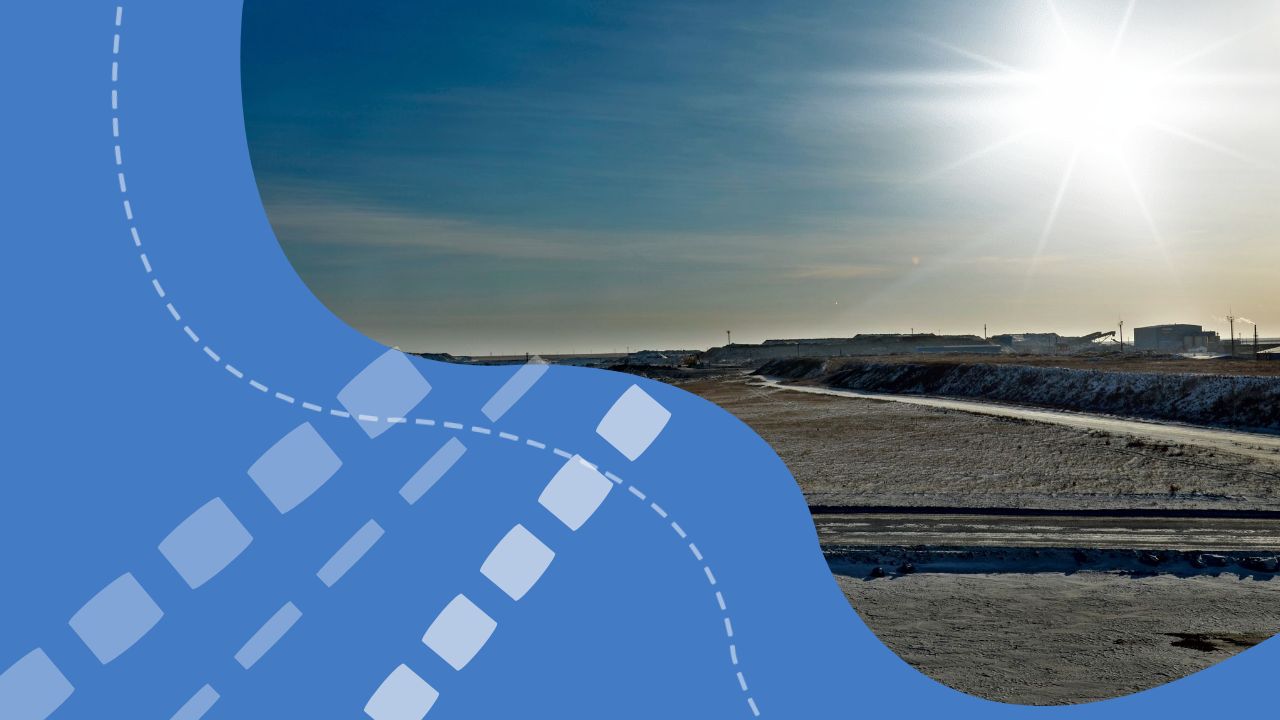Military Metals (CSE: MILI) says its Tiennesgrund Antimony-Gold Project in eastern Slovakia could play a key role in bolstering Europe’s strategic resource independence. Following a preliminary field inspection and historical data review, CEO Scott Eldridge highlighted the project’s potential to strengthen domestic supply chains for critical minerals under the European Union’s Critical Raw Materials Act.
“Antimony is listed as a critical raw material under the EU’s CRMA, and our project has potential to support the continent’s ambition to secure domestic supply chains for essential minerals,” Eldridge said. “We’re proud of the possibility that we may contribute to Europe’s resilience in the face of global resource volatility and will seek to help power the technologies that drive the green and defence sectors.”
The 13 km-long, 0.8–1.4 km-wide property hosts numerous historical adits, where mineralised material remains visible in waste dumps. Historical sampling indicates antimony grades between 2.5% and 39.4%, and gold grades from 0.07 g/t to 9.6 g/t.
A field campaign is planned for October 2025 to study structural controls of mineralisation and define drill targets. The program will include trenching, sampling, and mapping, with drill testing to follow where results indicate significant concentrations of antimony and gold.
Military Metals, based in British Columbia, focuses on acquiring and advancing mineral projects with a particular emphasis on antimony, a metal critical to batteries, renewable energy systems, flame retardants, and advanced technologies such as liquid metal batteries and solar panels.
Antimony prices have remained stable since July, with Shanghai Metals Market data showing No.1 ingot prices between ¥185,000 and ¥188,000 ($39,456–$40,092) per tonne.

